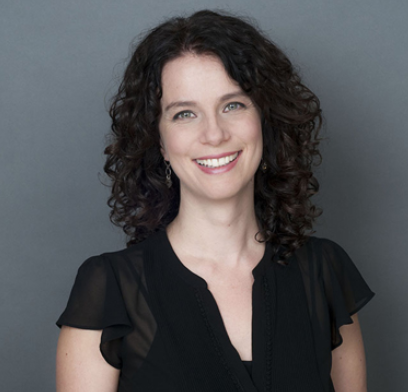Beyond Right and Wrong

Reading David Bohm’s book On Dialogue, has been like swimming in the most beautiful body of water. His writing is clear and understandable, despite the fact that he’s talking about fairly deep ideas.
This blog isn’t intended to be a book review or a deep dive into the Dialogue process; but rather an attempt to share one piece that resonated with me. Bohm’s work informs much of what Michelle and I believe and do with clients, so finding and reading the original material has been a real joy.
Bohm explores conversation and argues that even though we may think we’re engaging in a genuinely open two-way (or multi-way) conversation, we actually are just a pair or group of people voicing our experience, opinions, and assumptions at each other.
“…assumptions affect the way we see things, the way we experience them, and, consequently the things that we want to do. In a way, we are looking through our assumptions; our assumptions could be said to be an observer in a sense.”
We hold onto these assumptions tightly; without awareness that they’re just the lens we’re looking through, we believe they must be true. When our assumptions get challenged, we can become more entrenched in what we believe, often waking up our nervous system and triggering our reactive behaviours. We want to prove a point, be right, or just get this discussion out of the way so we can move onto our next meeting.
This way of relating to others (in the guise of a conversation) means we miss the opportunity to truly engage in generating something new.
Bohm asks in a gentle and curious tone, what if we could recognize our opinions and assumptions as just that? What if we could suspend our attachment to them just enough to allow the possibility of seeing something new? What if we could consider the 2% truth on the other side of the conversation? When we can do this, it’s possible to co-create with other people new and shared meaning that can be leveraged moving forward.
All teams, especially senior leadership, need shared meaning and language to operate in a cohesive and coherent way. We don’t get to this shared meaning until we each can create a little space between us and our opinions, and genuinely listen to allow in something new.
Exercise the muscle
- Take a situation and list your beliefs and assumptions.
- Then, ask yourself what are all the ways those beliefs may be wrong.
The poet Rumi said:
“Out beyond ideas of right and wrong, there is a field. I will meet you there”.
Bohm, David. On Dialogue. Routledge, 1996. (79)
Photo by @gebhartyler on Unsplash

Tamar partners with leaders and teams committed to growing their leadership capacity and impact. She has extensive experience with clients from the private, non-profit, and public sectors, and has worked with clients from a variety of industries including healthcare, education, finance, communications, marketing/sales, and media. Read more about Tamar

